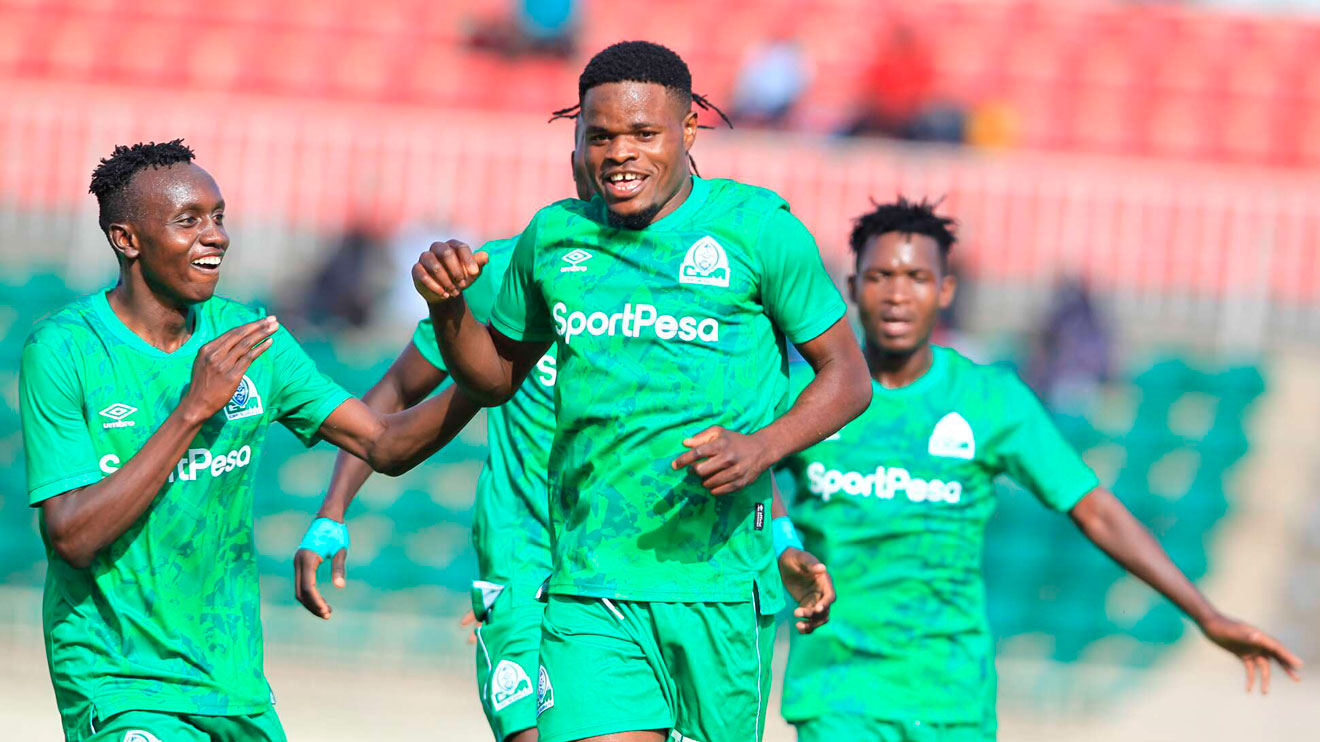Gor Mahia was awarded a significant prize for retaining the league title, partly due to an agreement with Azam’s commercial partners. This achievement brought not only prestige but also substantial financial rewards to the club. However, the distribution of this prize money became a contentious issue within the team.
Former head coach Johnathan McKinstry is contractually entitled to a share of the prize money, unlike the players. This entitlement was clearly stipulated in his contract, ensuring that he receives a portion of the reward for the team’s success. In contrast, the players did not have such clauses in their contracts, which led to dissatisfaction among them.
Recently, Gor Mahia players halted training to pressure management for a share of the Ksh5 million reward. This drastic action was a clear indication of their frustration and desire for recognition of their contributions to the team’s success. The players felt that their efforts on the pitch were integral to retaining the league title and believed they deserved a portion of the financial reward.
The situation escalated, leading to internal resolutions and disciplinary actions. The club’s management had to act swiftly to address the players’ concerns while maintaining discipline within the team. After a series of discussions and interventions, the players agreed to resume training, albeit with lingering discontent over the issue of prize money distribution.
Club vice chairman Francis Wasuna provided clarity on the matter, stating that McKinstry had a specific clause in his contract, granting him a portion of the prize money. This clause was negotiated as part of his terms of employment, ensuring that he benefits directly from the team’s success. On the other hand, the players’ bonuses were given out of goodwill rather than contractual obligation. This practice had been followed in the past as a gesture of appreciation for the players’ efforts, but it was not a binding commitment.
Wasuna emphasized that the players’ strike and demands were unfounded in terms of contractual rights. He noted that while the club had a history of sharing prize money with the players as a token of appreciation, it was not something the players could legally demand. The players’ assumption that previous goodwill payments constituted a right led to the recent standoff.
To prevent such issues in the future, Wasuna advised local players to use licensed agents to negotiate their contracts. He stressed the importance of having professional representation to ensure that all terms, including potential bonuses and prize money shares, are clearly defined and agreed upon. This professional approach would help avoid misunderstandings and conflicts over contract terms and entitlements.
Wasuna’s recommendation highlighted a broader issue in sports management, where players often lack proper guidance and representation. By enlisting the services of licensed agents, players can ensure that their contracts are comprehensive and reflective of their contributions to the team. This proactive step would safeguard their interests and provide clarity on what they can expect in terms of rewards and incentives.
In conclusion, the situation at Gor Mahia underscores the importance of clear contractual agreements and professional representation in sports. While McKinstry’s entitlement to a share of the prize money was contractually secured, the players’ expectations were based on goodwill practices rather than legal obligations. The incident serves as a reminder for athletes to seek professional advice when negotiating contracts to ensure their rights and contributions are adequately recognized and rewarded. As Gor Mahia moves forward, both the management and players will likely be more mindful of the need for explicit agreements to prevent similar disputes in the future.
ALSO READ:Egypt Stuns France to Reach Olympic Football Final


